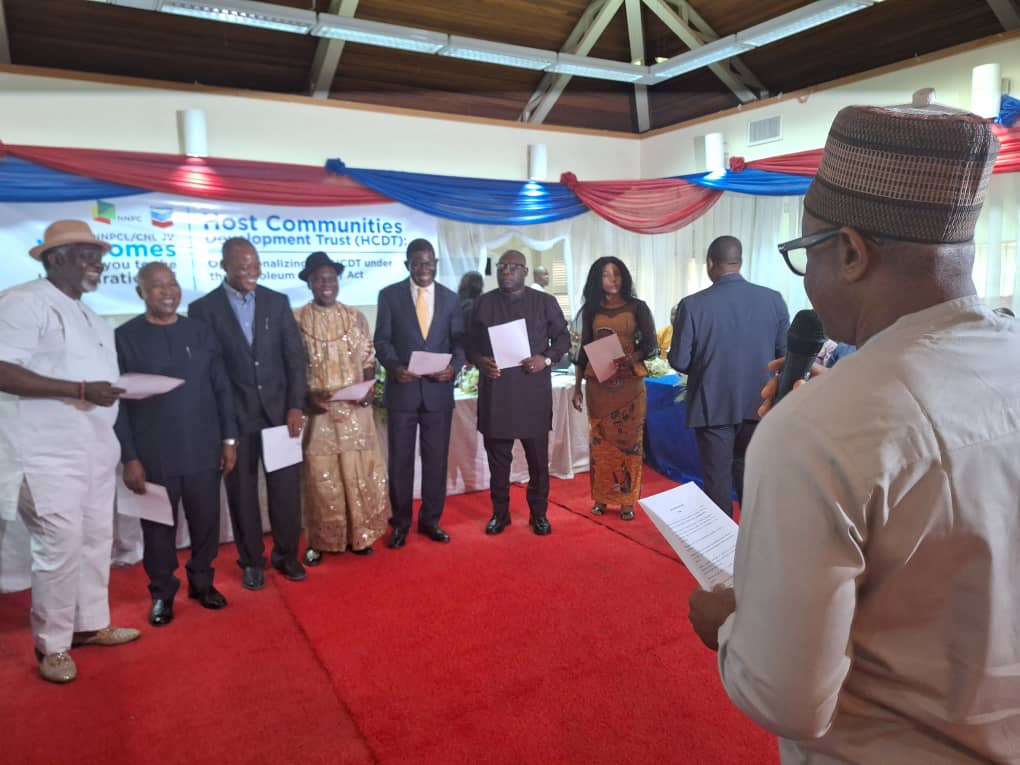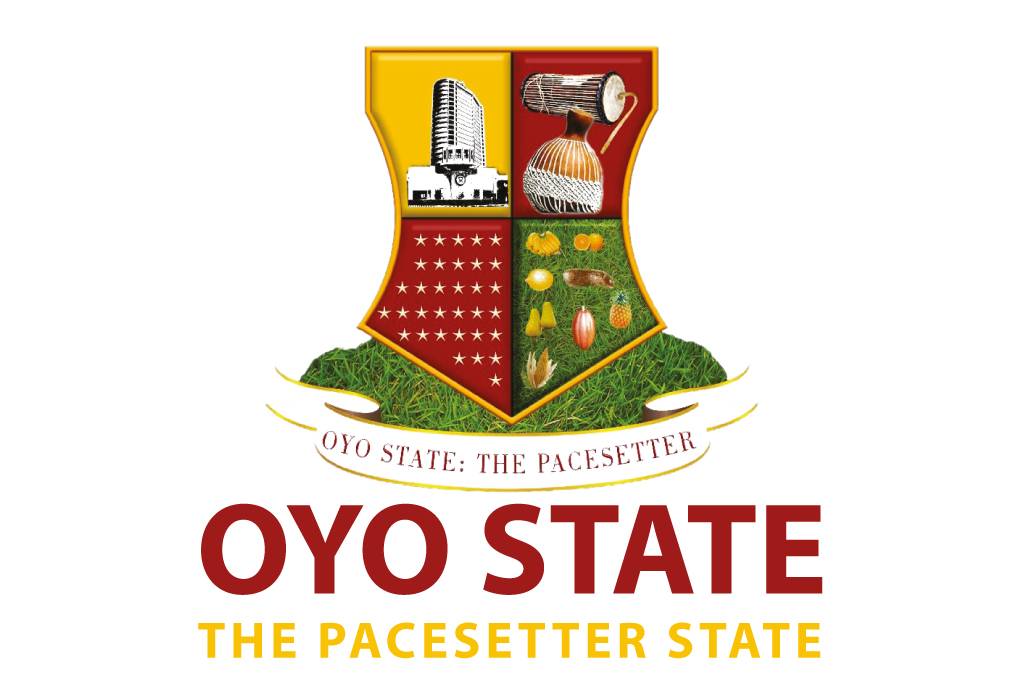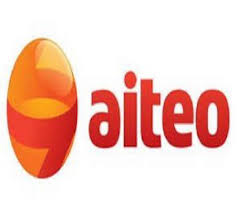
Refineries: NUPRC Vows To Enforce Domestic Crude Supply Obligation
Mohammed Shosanya The Nigerian Upstream Petroleum Regulatory Commission,NUPRC is making move to enforce a domestic crude supply obligation. The action was necessary as more private refineries indicate readiness to commence production soon












